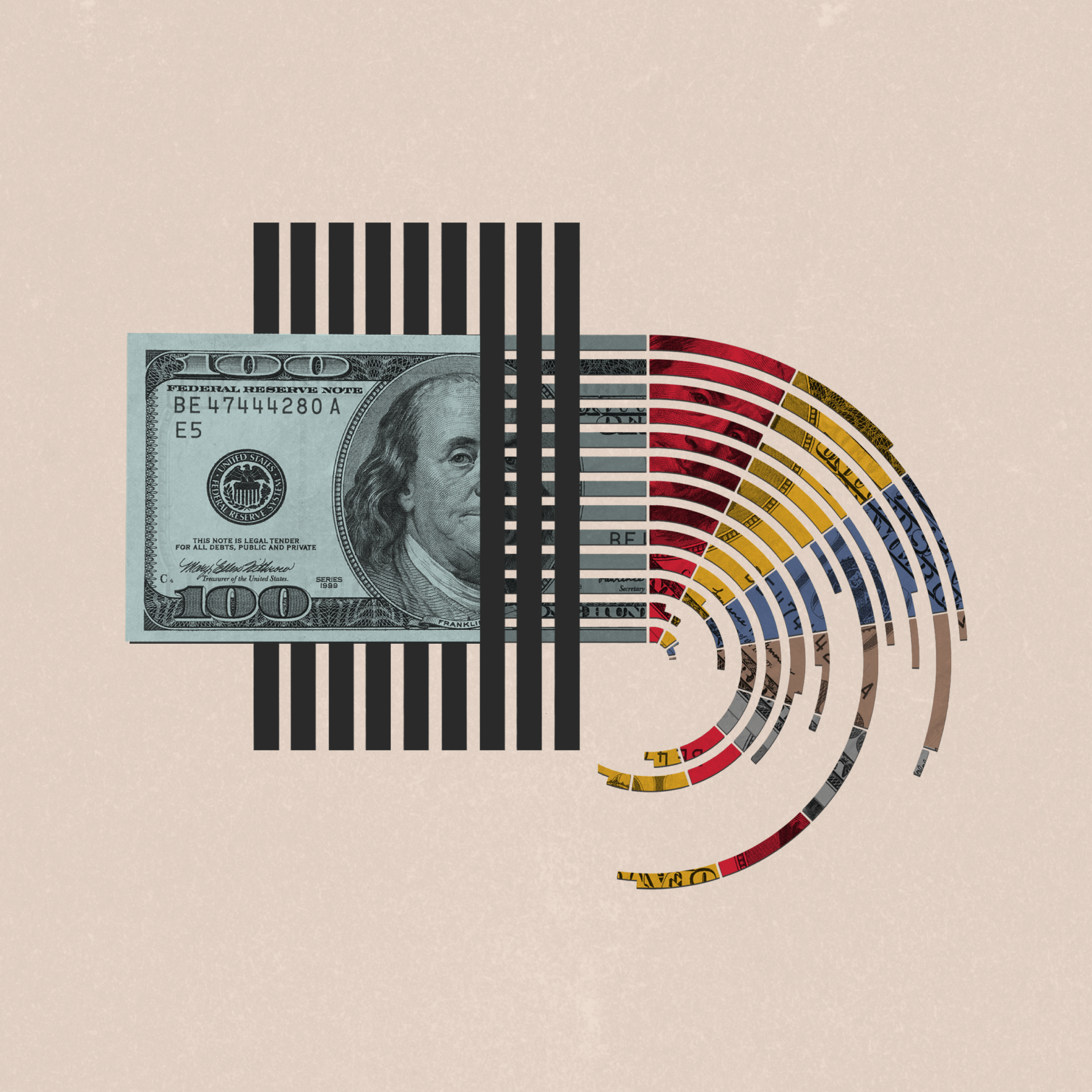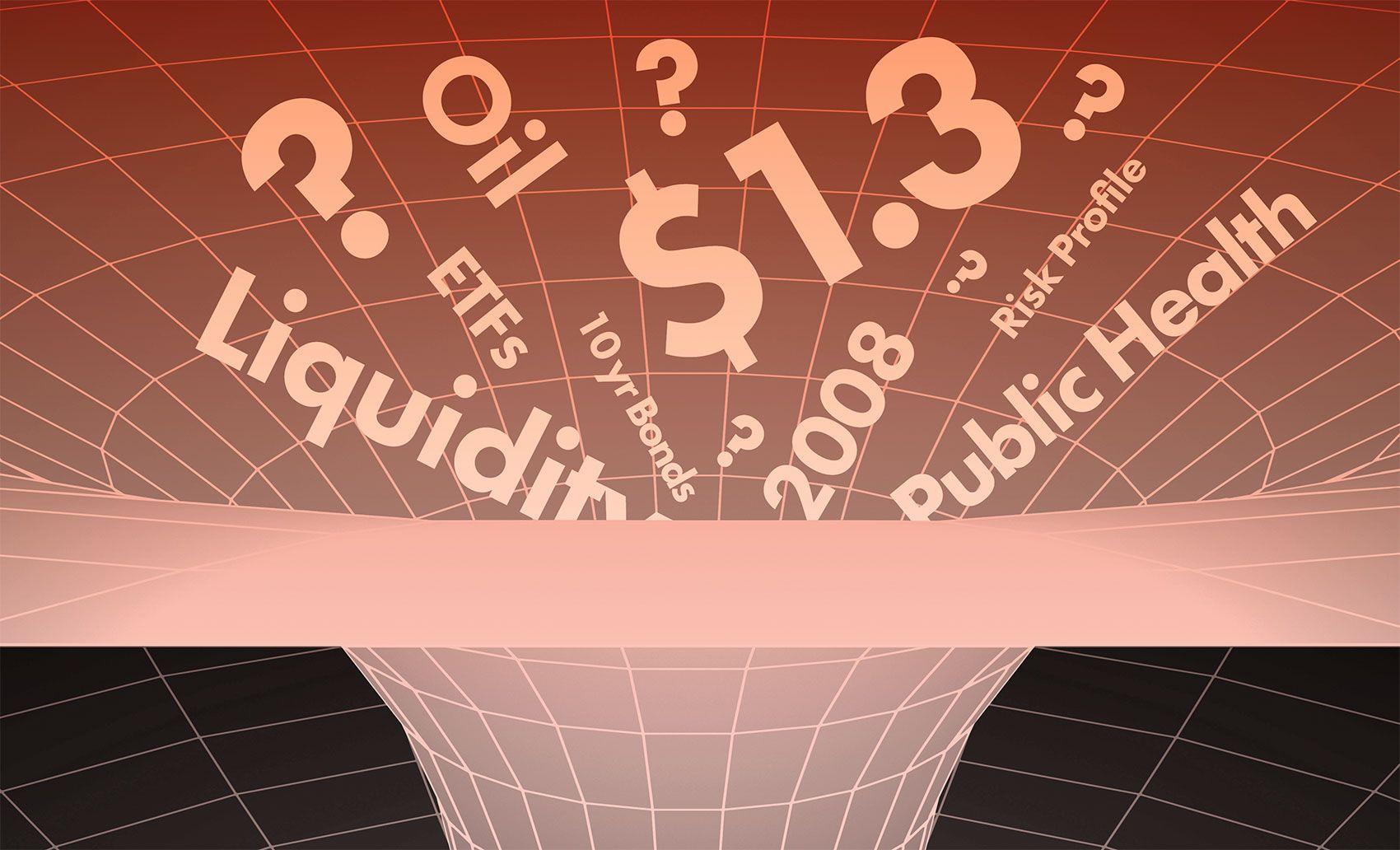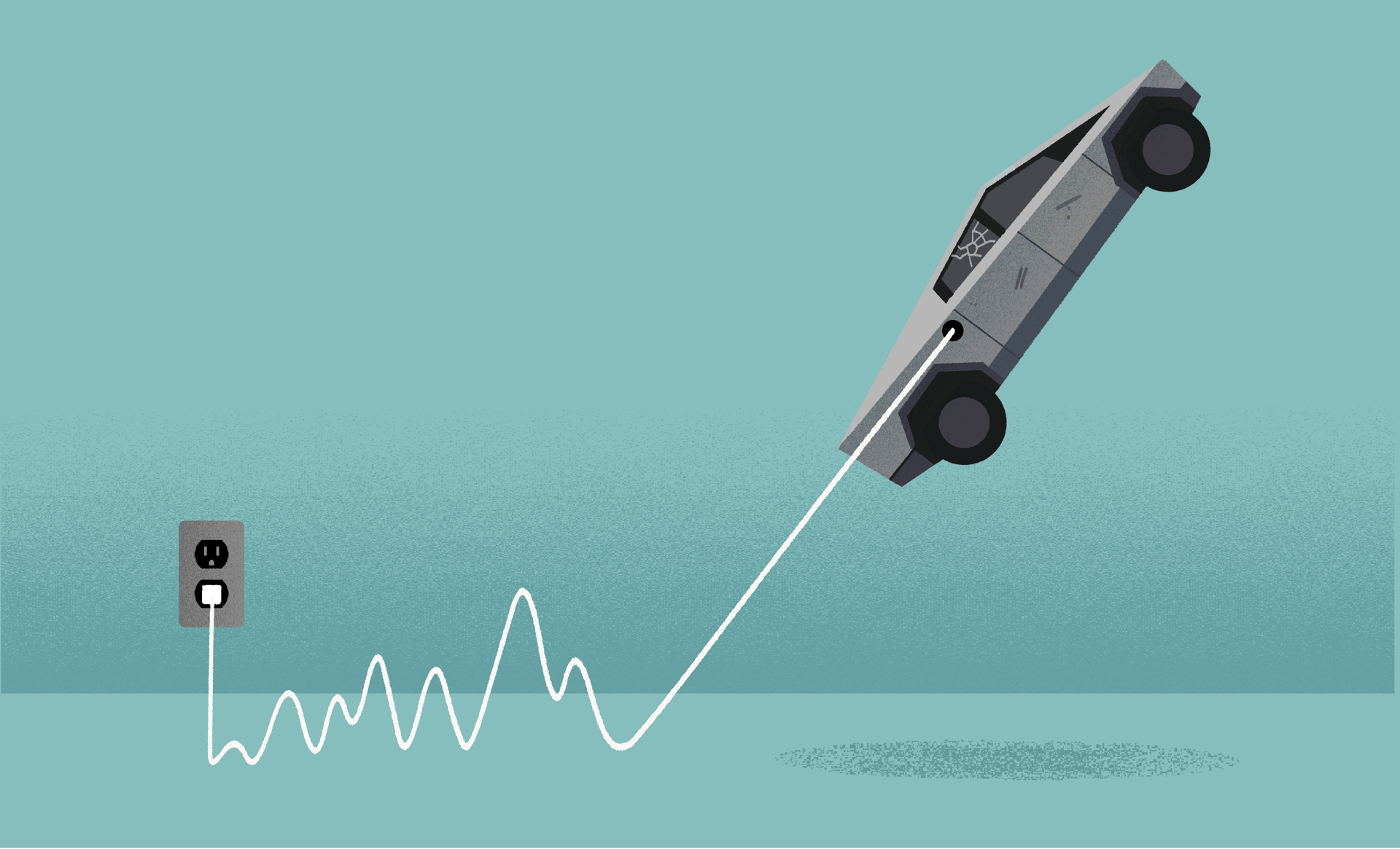
Money & the World
Dumb Questions For Smart People: Why Parenting Inequities Make Mothers Leave the Workforce
Jessica Calarco, a sociologist at Indiana University, has been studying the effects of the pandemic on mothers. What she’s found is that entrenched inequities, when it comes to stuff like housework and parenting, have created an invisible employment crisis for women.
Wealthsimple makes powerful financial tools to help you grow and manage your money. Learn more
You are studying the effect of the pandemic on new mothers. How did the project begin?
It actually started two years before the pandemic. We were interested in understanding how mothers decide what kind of parent they want to be, and what kinds of factors get in the way of that. So we started interviewing pregnant women about the parenting decisions they expected to make on controversial things like vaccines, screen time, and breastfeeding. Then we followed those moms through the first two years of the child's life, checking in to see how they're doing and whether they made the decisions they expected to make, and if not, what factors got in the way. We were still doing those interviews when the pandemic hit, and it became very clear, very quickly, how much of a toll the pandemic was taking on these moms — so we kind of pivoted to ask targeted questions about the impact of the pandemic on their mental health, relationships, and employment.
What have you found so far?
One of the most important things that we have found in our research is that women are doing a disproportionate share of the unpaid labour that is happening as a result of the pandemic. Women across the board reported that they take the pandemic much more seriously than their partners do, and are also the ones who are primarily responsible for managing household risk, doing the extra cleaning, making sure that everyone has a mask and that they wear their masks and washing their hands. Women also seem to be doing the bulk of the added labour associated with health and safety during the pandemic — scheduling doctor's appointments, making sure kids are developmentally on track, keeping track of kids' vaccinations, and things like that. During the pandemic, mothers seem to be the ones primarily responsible for making those kinds of health decisions, as well. Certainly, dads in many families are doing more, but the research consistently shows a gap. Mothers are picking up the slack.
How do you measure the disparity?
One direct measure is the amount of time that mothers and fathers spend on things like childcare and household chores. Even when both parents are working, there’s a 15-hour-a-week gap. Working mothers have spent about 65 hours a week on those responsibilities throughout the pandemic, and working fathers are spending about 50 hours a week on them. So they’re both doing a lot, but it’s about who is doing the disproportionate share.
Do we know how those numbers compare to the imbalance before the pandemic?
Certainly, there were already inequalities in place as a result of our patriarchal and capitalistic system, but as the burdens have increased with everyone staying at home, the inequalities are even greater. Like one mom that we talked to, her husband was between jobs right at the beginning of the pandemic, and she's a mental health counsellor who was transitioning to telework. So when their childcare centre closed at the beginning of the pandemic, they figured, "Oh, this is perfect. Dad can take care of the toddler, while Mom is working full-time from home.” But it quickly became apparent that, even though dad was the primary childcare provider, he was relying very heavily on mom. Even when she was working, he was constantly interrupting to say, "Where are the diapers? What am I supposed to make her for lunch?" He expected his wife to come in every time she had a break to take over, so that he could have a rest from childcare, and he was even letting their daughter wander in when she was in sessions. This was extremely distressing for the mom because she was a crisis counsellor. She told us, "I might be on a call with someone who is suicidal, and if my daughter wanders in, that's incredibly unprofessional, and it's potentially damaging to the patient." She and her husband would get into fights over this. She would say, "This is my work time. I am the one who is working right now. You need to respect this and see it as my job, not something I'm just doing on the side."
Recommended for you
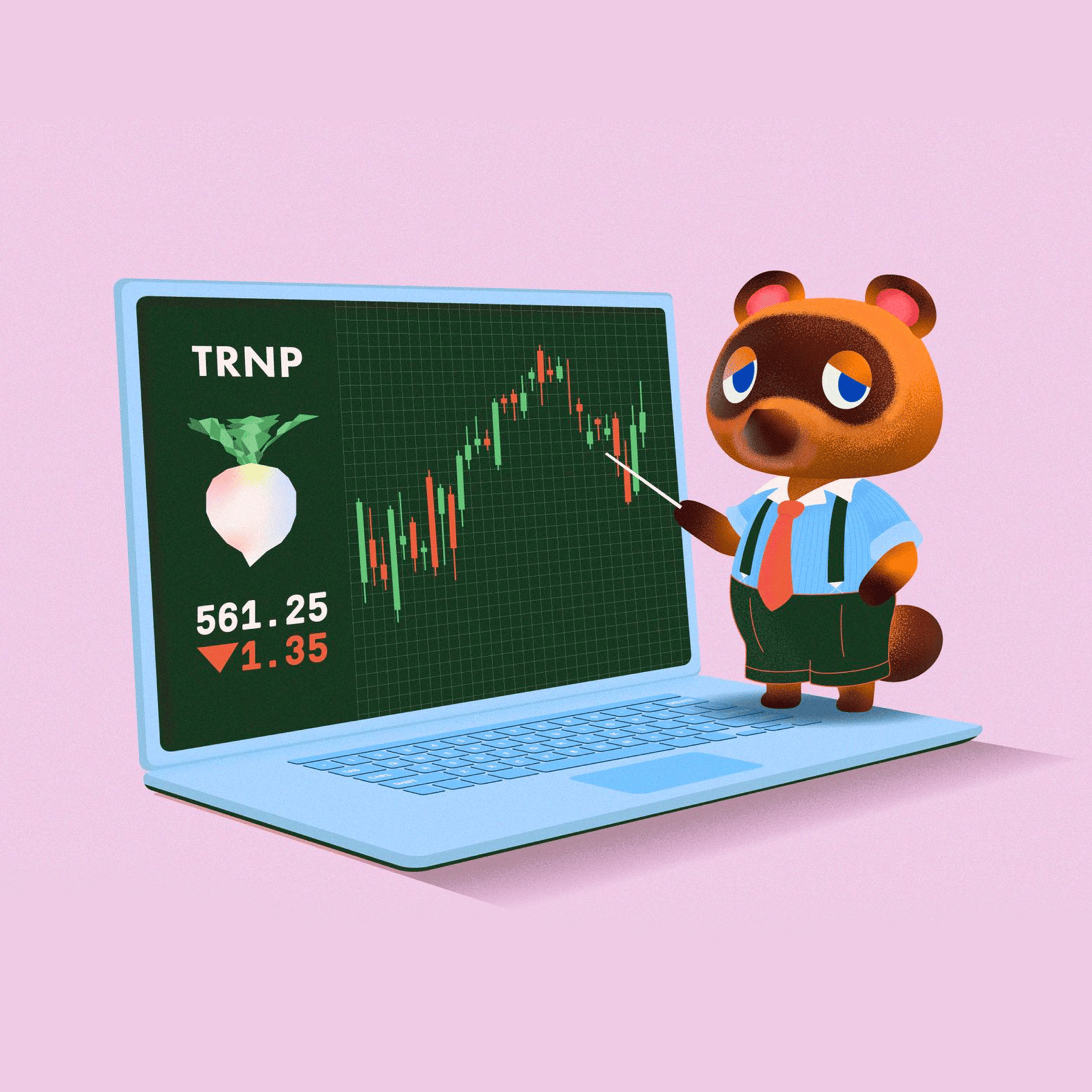
We Asked Our Resident Stock Market Genius About the Animal Crossing Economy
Money & the World
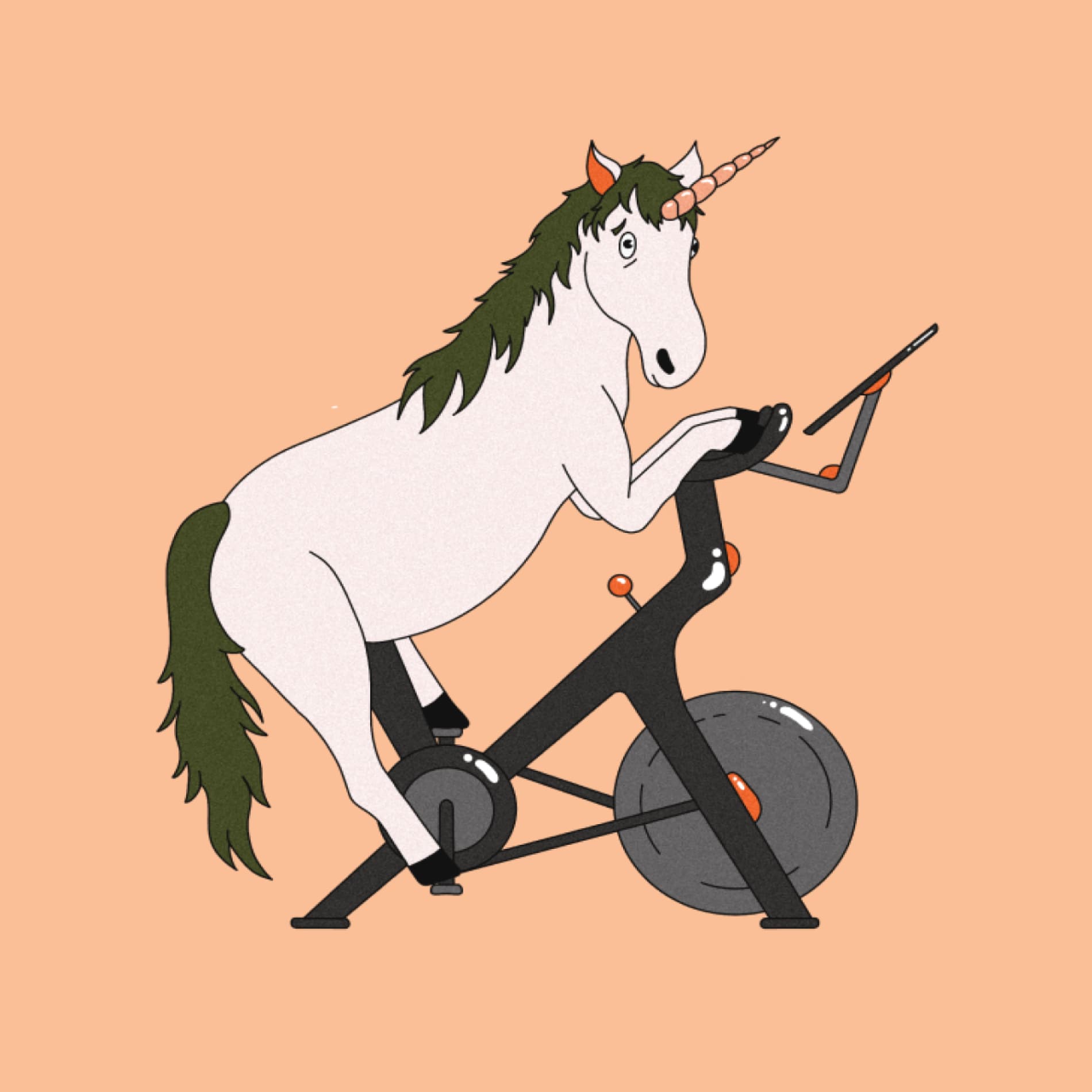
The Story of the Stock Market, Told by Five Companies
Money & the World

GME, Doge, Supreme: How Getting Rich Went Full Internet
Money & the World

We Discovered the True Identity of the NFT Artist “Pak”
Money & the World
How were things in your most recent interview with her?
She told us, "You know what? Once my husband goes back to work, I think I'm just going to drop out of the workforce." Because even though she liked her job and could do her job from home, the stress of having to be the primary parent, even when she wasn't, just wasn't worth the stress to her. What we find in our research is that many women have made the same choice. They end up feeling like failures as both workers and as mothers, and if their kids are school-aged, they feel like failures as teachers, as well. And those feelings of failure are pushing women out of the workforce, because something has to give.
And that something is… a career.
It can be hard to make any other choice. Given the patriarchal norms in our society, men tend to out-earn their wives, and it’s very hard for women to demand that their husbands do more at home. Also, in some cases, asking them to do more could put the women in danger. So especially if they’re earning less than their partners, stepping out of the workplace can seem like a reasonable option to alleviate some of that pressure and those feelings of failure.
Wealthsimple is investing on autopilot
WEALTHSIMPLE INVEST
Wealthsimple is investing on autopilot
Powerful financial tools to help you grow and manage your money.
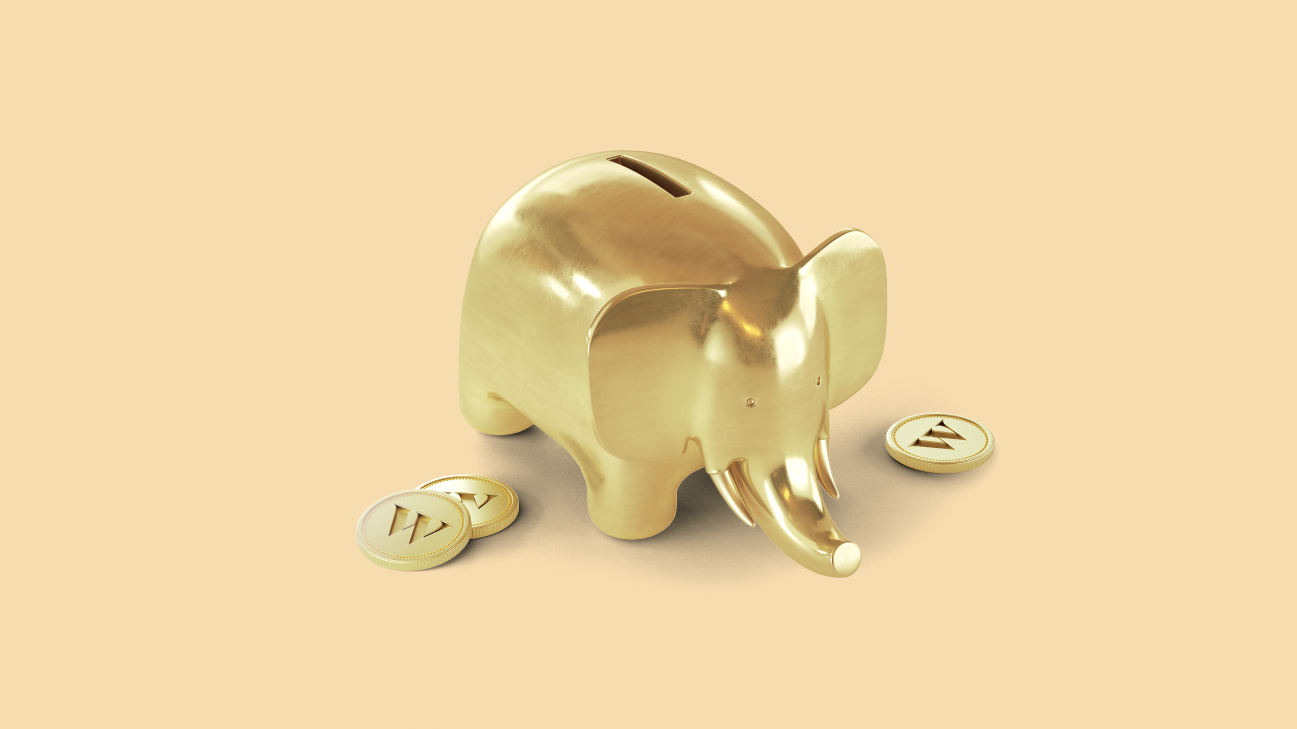
How has the pandemic affected their marriages?
There was a lot of partner conflict around the pandemic, especially in couples where male partners were skeptical of the virus. Many of the husbands who were COVID-19 deniers also worked outside the home. They often had jobs in factory settings, or in other essential-worker positions. So when they were going to work every day, their partners worried, "What if he's not wearing a mask, if he's not washing his hands, if he's not taking extra precautions to stay socially distanced? Is he going to bring the virus home?" I talked to one mom who's an ICU nurse, whose husband refused to wear a mask and didn’t believe that the pandemic was serious. She worked in a hospital and had seen patients die of COVID-19, and she told us, “My husband thinks I’m crazy.” That became the title of one of our papers.
It’s fascinating that you’re studying the pandemic while also living through it. Has your experience been similar to the women in the study?
I think when my kindergartener's school and my toddler's preschool both closed, it stressed to me the urgency of the situation for mothers. I wanted to make sure that we took the time to document the impact of the pandemic on mothers, but it was difficult to get this research done while everything else was going on. I lost a lot of sleep. I mean, I have a great team of colleagues and graduate students, but between us, we did 65 interviews in about three and a half weeks. Most of them were an hour or two-hours long. So, we were all burned out and emotionally exhausted like most of the women we interviewed.
Does the project help you feel more connected to other women who are trying to find their way through this crisis?
So many of the moms that we talked to said, "This is sort of like a free therapy session." Having a chance to talk with us about the challenges that they were going through in their lives, and having someone listen sympathetically, was very helpful for many of them. But I think it’s been good for all of us — cathartic at times, mentally and emotionally exhausting at times, but also really rewarding to be able to share these stories.
Wil S. Hylton is an American writer. His last book was VANISHED.


